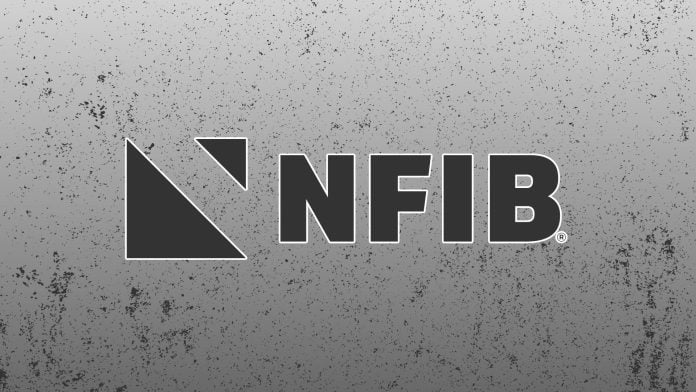In a significant move to bolster integrity in government contracting, the U.S. Small Business Administration (SBA) has rescinded the independent 8(a) contracting authority of the U.S. Agency for International Development (USAID). This decisive action follows a troubling investigation by the U.S. Department of Justice (DOJ) that revealed a staggering $550 million bribery scandal involving a USAID contracting officer and affiliated contractors.
SBA Administrator Kelly Loeffler emphasized the seriousness of this decision, stating, “Under the Trump Administration, the SBA will not tolerate the abuse of the government contracting process. The decision to revoke USAID’s independent 8(a) contracting authority is necessary to prevent further wrongdoing by an agency with a well-documented record of waste, criminal fraud, and bribery.” This statement underscores the administration’s commitment to ensuring that taxpayer money is not squandered through corrupt practices.
The 8(a) Business Development Program, which facilitates federal contracts for socially and economically disadvantaged small businesses, has previously enabled USAID to execute contracts to 8(a) certified businesses independently. However, the SBA’s recent findings of rampant fraud prompted this major change, as the agency can no longer trust that the contracting processes will uphold integrity under USAID’s management.
Throughout the last fiscal year, USAID allocated approximately $3.6 billion through the 8(a) program, which illustrates the program’s prominence in federal contracting. However, the investigation surfaced that over $550 million in contracts had been wrongfully directed due to bribery schemes. Alarmingly, one contractor, despite being marked by USAID as lacking “honesty or integrity,” received an additional $800 million contract to explore migration issues from Central America.
For small business owners, this shift brings both opportunities and challenges. On the one hand, the revocation of USAID’s authority could enhance fair competition in the federal contracting arena. Businesses that navigate the 8(a) application process with integrity may find increased opportunities as the SBA enforces stricter guidelines to avoid future missteps.
Administrator Loeffler has ordered a comprehensive audit of the 8(a) program, which will encompass high-value and limited-competition contracts issued over the last 15 years. Key findings will be referred to the SBA Office of Inspector General and the DOJ for potential enforcement actions, aiming to recover any misallocated funds. This thorough oversight indicates a move toward accountability that small business owners can appreciate, as it establishes a fairer playing field in government contracting.
Nonetheless, the revocation presents challenges, particularly regarding how federal agencies will adapt to the new regulatory landscape. Small businesses looking to participate in the 8(a) program may need to navigate changes in application processes as the SBA redefines its protocols. Additionally, the uncertainty surrounding USAID’s future role in contracting could lead to delays or confusion in the interim, which may affect businesses dependent on government contracts for revenue.
Despite these potential hurdles, small business owners can take actionable steps by staying informed on the evolving landscape of federal contracting. Engaging with local SBA offices and undergoing appropriate training can help owners adjust to any new requirements and seize upcoming opportunities to grow their businesses.
As this situation progresses, it’s crucial for small business owners to monitor announcements from the SBA and remain vigilant about maintaining transparency and ethical practices within their own operations. Being proactive in these areas not only protects their businesses but also fosters a more robust and trustworthy contracting environment.
For further details, you can read the complete press release from the SBA here.
Image Via BizSugar



